Are Fermented Foods Good or Bad For You? Find Out.
Do you love idlis, dosa, dhoklas, sauerkraut, kimchi, kefir, kombucha, and other fermented foods as much as we do? Being gut health enthusiasts, we recommend most clients embrace the goodness of fermented foods.
Several people today question whether fermented foods are good or bad for our health. Some even complain of bloating, flatulence, indigestion, and acidity after eating fermented foods.
Should we then be consuming or avoiding fermented foods and preparations? Find out.
Most of us grew up eating and relishing fermented preparations. For decades, the people of South India have had a staple diet comprising mainly of them. Many are now moving away from this beautiful diet and adopting eating habits that are not even remotely staple to their geography.
The truth is this: Idli, dosa, dhokla, and most other fermented foods are very healthy for you. If you suffer from indigestion, acidity, bloating, flatulence, or other gut issues after eating them, here’s a reality check.
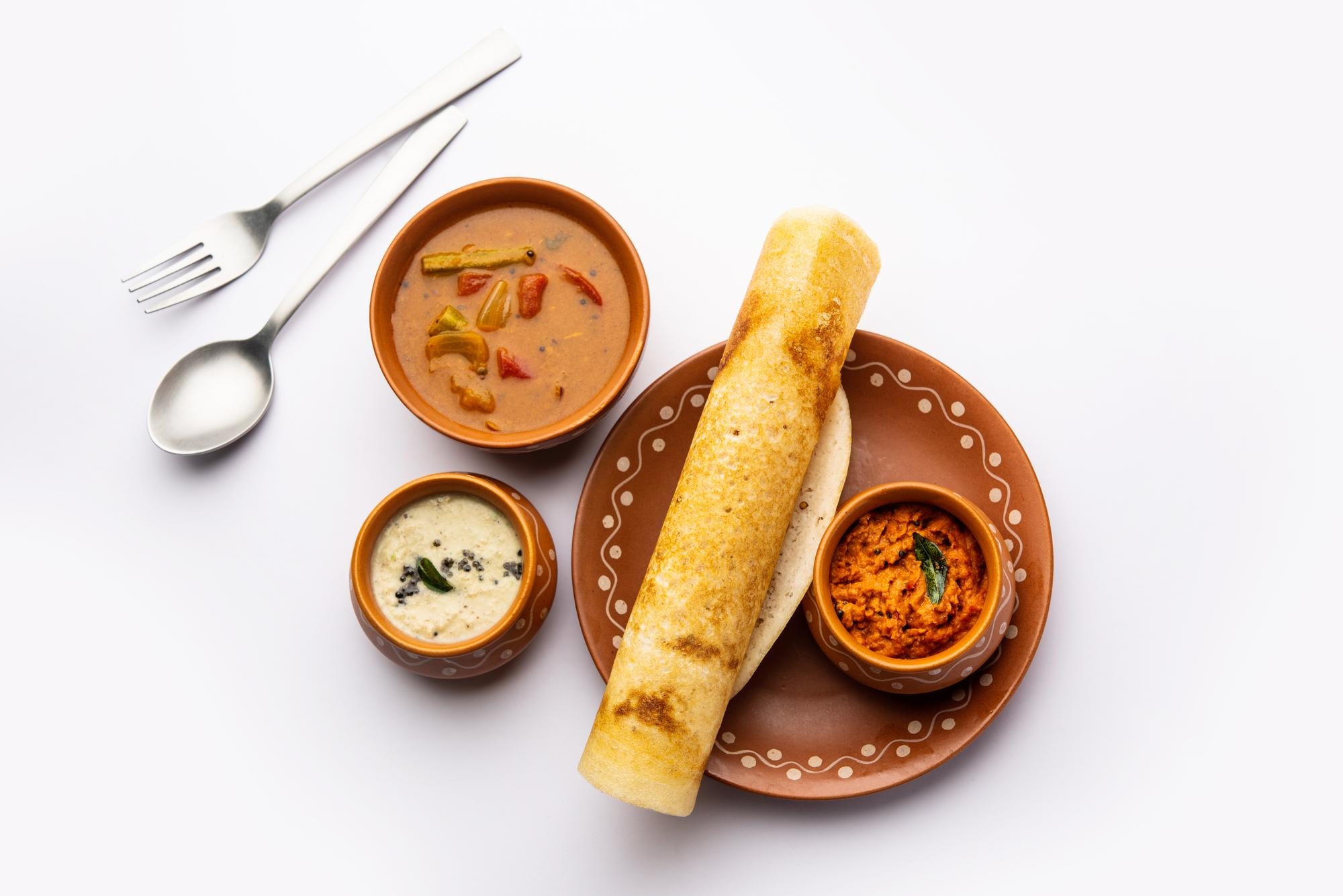
You need to stop blaming the food and start blaming your weak digestive system.
It does not end there. You must take corrective measures and make lifestyle changes to strengthen your gut.
What is fermentation?
Fermentation is an ancient food preservation technique. It is a natural process where naturally occurring bacteria convert carbs (like starch and sugar) into alcohol or acids. These act as natural preservatives and help increase the shelf life of food. This bacterial process also gives the fermented preparations their distinct acidic flavor.
What are the benefits of fermented foods?
Fermentation breaks down anti-nutrients
Seeds, nuts, grains, and legumes contain antinutrients like phytates and lectins. Which is why we soak many of these to get rid of them. Phytates can cause bloating and indigestion. They are also known to block the absorption of minerals and vitamins.
The fermentation process breaks these phytates down and helps you digest these foods more easily without causing gas and acidity.
When you have fermented food where the phytic acid is broken down, it enhances the bioavailability and absorption of minerals and vitamins into your blood and how they nourish trillions of your cells.
Aids the production and synthesis of B vitamins
During fermentation, the naturally occurring bacteria lactobacilli promote the production of B vitamins and the synthesis of Vitamin B12, which many people are deficient in these days. Lactobacillus produces B vitamins like folic acid, riboflavin, niacin, thiamine, B12, and Vitamin K. It also enhances antibiotic and anti-carcinogenic properties of the food during fermentation.
Easy to digest
Fermented food is already predigested by bacteria. It means that once it gets into your system, it is lighter and easier to digest and absorb. The fermentation process produces enzymes and lactic acid that help break down and absorb protein and amino acids.
Populates gut-friendly bacteria
We all have good and bad gut bacteria. But the unfortunate truth is that almost 1 in 2 people today have an incorrect ratio of good and bad bacteria, with the bad ones outnumbering the good gut bugs.
It is the leading cause of indigestion, bloating, acidity, flatulence, IBS, leaky gut syndrome, malabsorption in the gut, and so on. In these cases, most of the minerals and vitamins from our food do not get absorbed in our bodies.
When you have the correct ratio of good and bad gut bacteria, you have proper digestion and assimilation of food, improved bowel movement, and good colon health.
The fermentation process promotes the growth of beneficial bacteria – probiotics. Probiotics help populate your gut with good gut bacteria. These can help restore the missing gut bacteria balance and promote relief from digestive issues.
Enhance immunity
80% of your immunity lies in your gut. When you have the right balance of friendly bacteria, you boost immunity. Fermented foods are rich in probiotics which enhance immunity. Having fermented foods loaded with Vitamin C, iron, and zinc can be excellent for your health.
Alleviate anxiety and depression
The gut is also known as the second brain. The gut-brain axis is real which is why when it comes to addressing your emotional health, addressing your gut is a crucial part of the protocol. Scientific studies show that eating fermented foods, thanks to the probiotic content, can help reduce or alleviate symptoms of anxiety and depression.
Good for heart health
Studies also link fermented foods with a lower risk of heart disease by reducing blood pressure and lowering LDL (low-density lipoprotein) or bad cholesterol.
If you think taking out dosa, idli, or dhokla from your diet is going to make you any healthier, then you are mistaken.
There are healthy and unhealthy ways to cook these. The quality of ingredients, oils, salt, and how much you eat impact how these fermented preparations affect your body.
When you have all the roadside dosas and idlis covered with butter or oil that has been reused multiple times, you lose health. And yes, these will make you put on weight.
Make good-old homemade dosa, idlis, dhoklas, or any fermented food of your choice, and stick to that.
What goes into making a dosa? You use black lentils/urad dal, rice, with a dash of fenugreek/methi seeds. Just look at the beauty in the combination of these ingredients.
Rice and lentils together make a complete protein. It has all 22 essential amino acids. Yet most people will label it a carb and say, “Oh! It’s bad for me. It will make me put on weight.” No, it will not. You have all the essential amino acids making it a complete protein that the body uses to build lean mass or lose body fat!
Fenugreek has a warming impact. It aids digestion by breaking down phytic acid better and balances your blood sugar levels.
If you are eating 6, 8, or 10 dosas or idlis in one sitting, you are overdoing it. It is bad for your glycemic index levels. Overconsumption of any food, even those that are good for you, can be problematic. The human body only uses what it needs for its energy and its bodily functions. Anything extra (even if it is healthy) will be stored as fat.
The bottom line
Don’t stray away from your staple foods. There are good and bad ways to consume it. The problem is never with your staple diet, it is with your poor lifestyle. Enjoy your fermented foods.
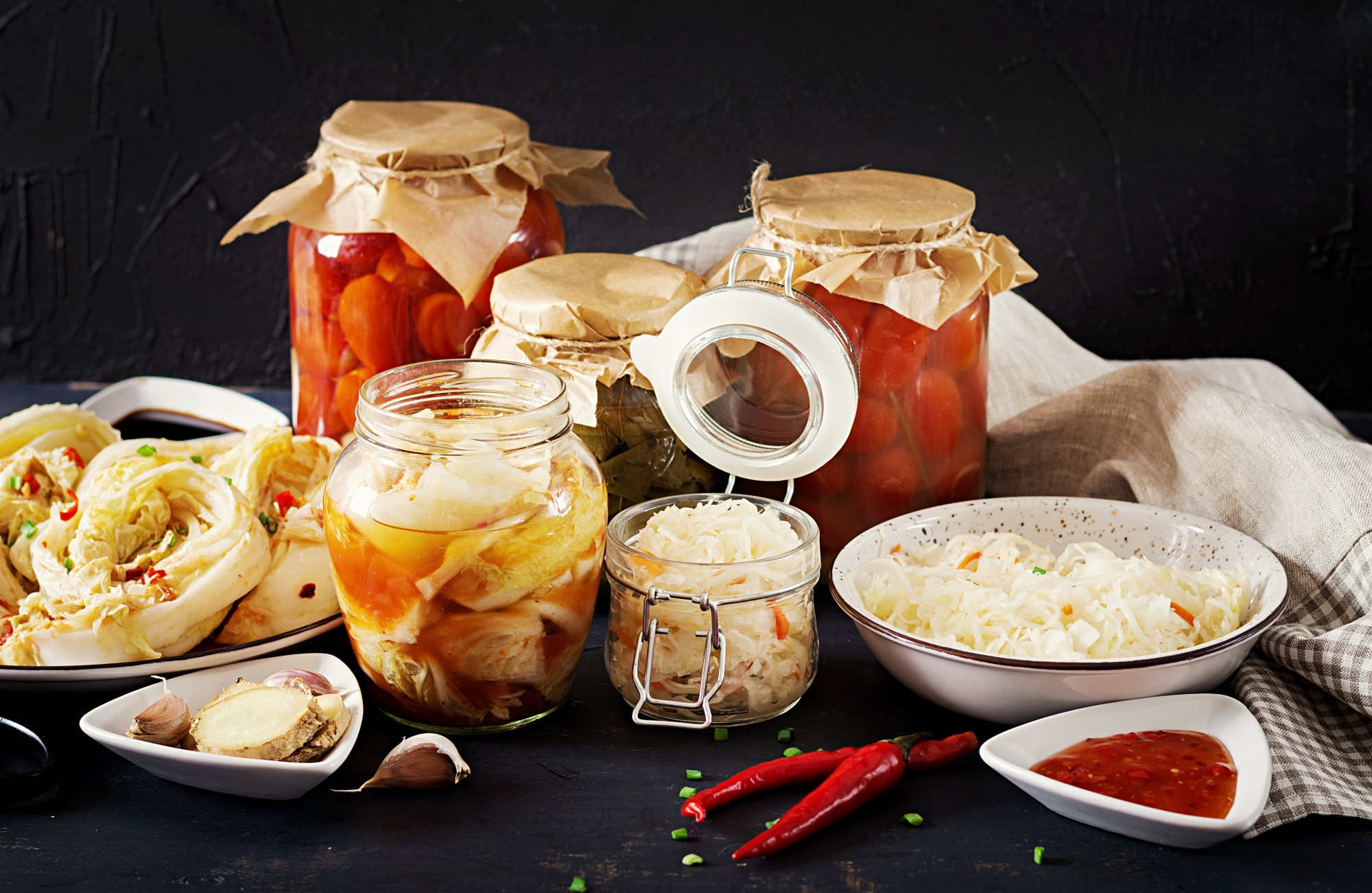
Check out some recipes from our kitchen here:
- Moong Sprouts Dosa
- Chutneys and Dosas, But Make Them With Moringa!
- Lauki Moong Dal Dosa
- Dosa to Salad: Uncover the Power of the Indian Superfood Kulith
- Probiotic Chutney To Stir Fry: Nourish Your Gut 2 Ways With Sweet Potatoes
Need to assess and rebuild your gut health?
We help you find a way.
Know more about our You Care Wellness Gut Health Program here.
Set up a one-on-one consultation with our integrative team of experts on WhatsApp here, call 1800 102 0253, or write to us at info@lukecoutinho.com.
RELATED READS
The Great Indian Probiotic: Make THIS at Home for Good Gut Health
The Wisdom of Indian Roots – Rice Probiotic
Thousands Of Clients Reversed Gut Issues With These Lifestyle Changes
|
From a pimple to cancer, our You Care Wellness Program helps you find a way Talk to our integrative team of experts today 18001020253 |

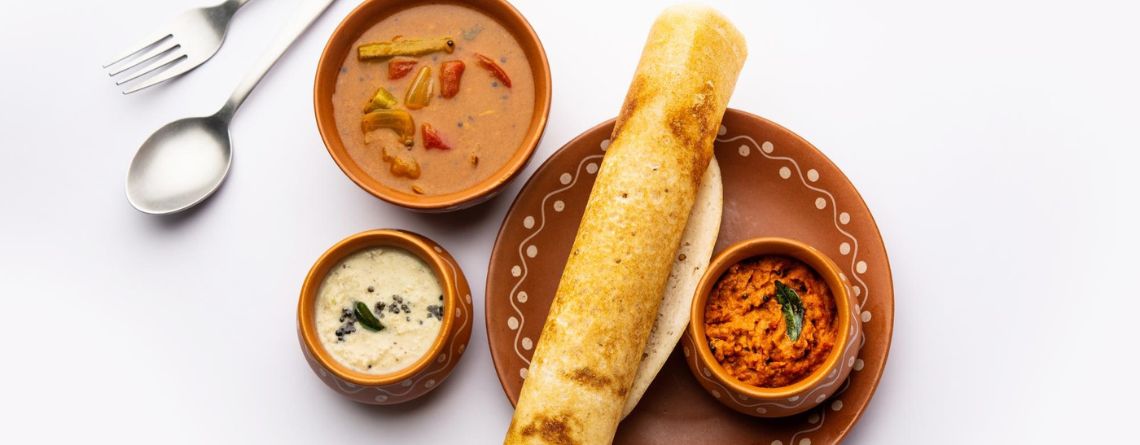
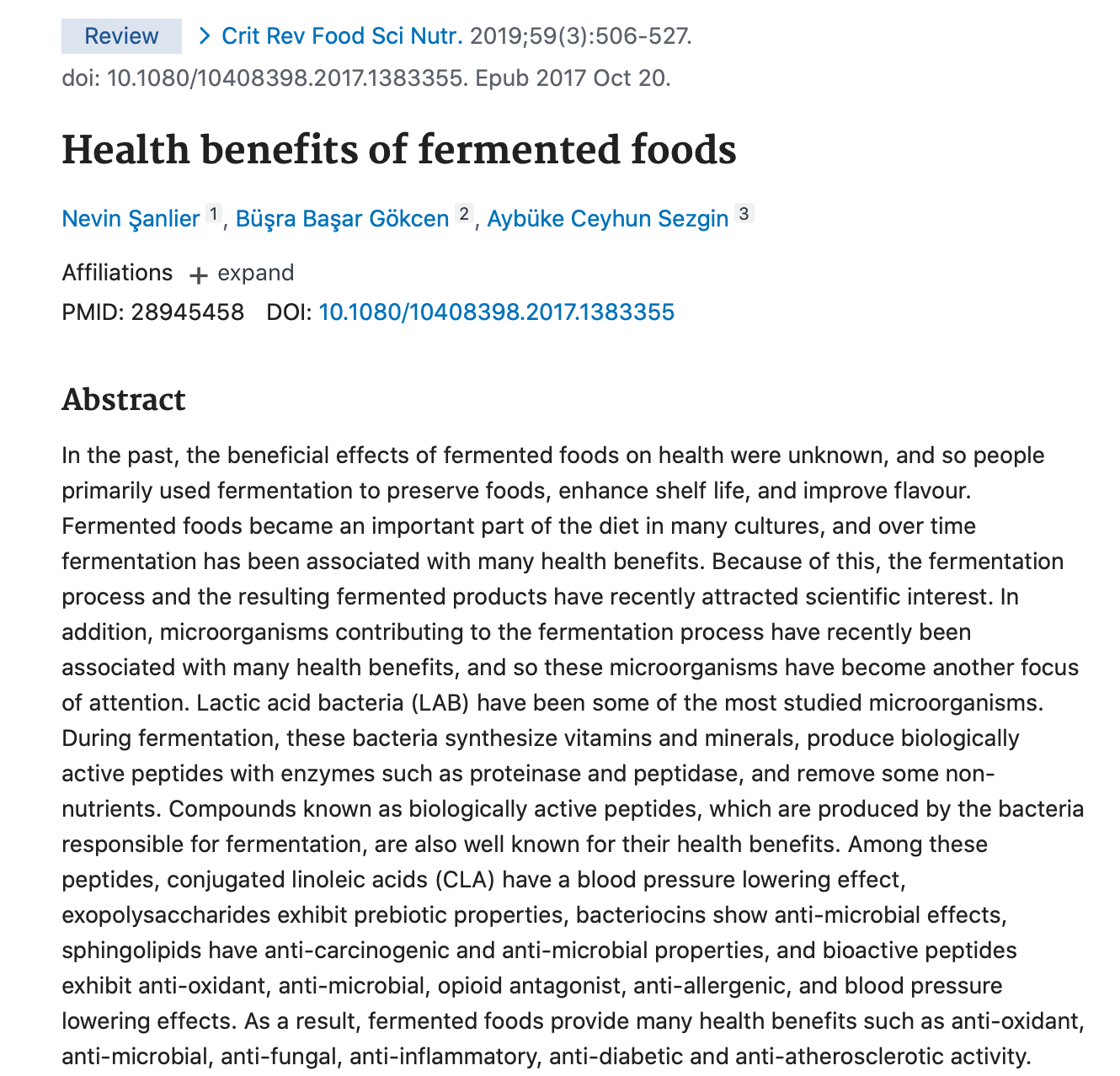
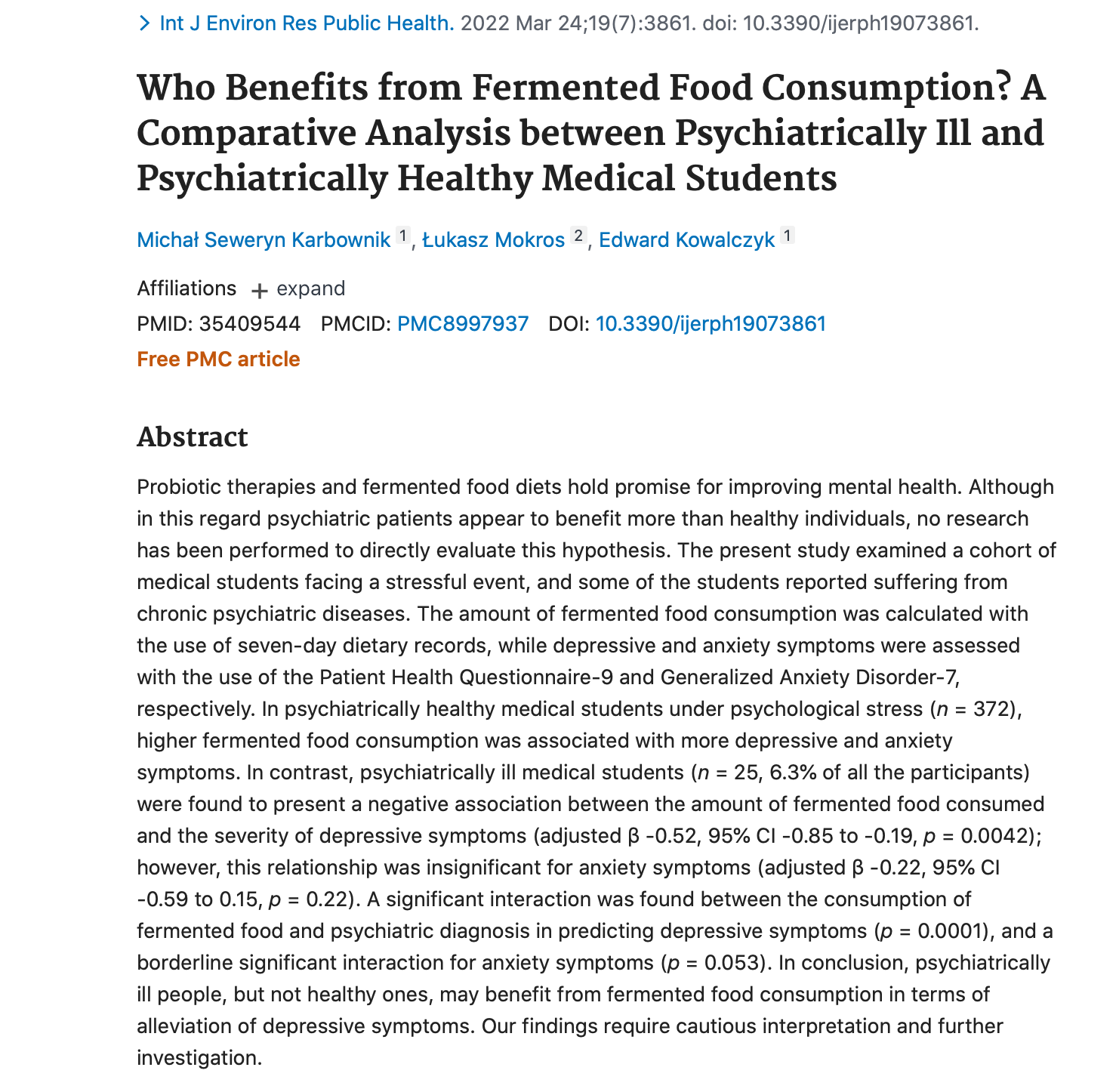
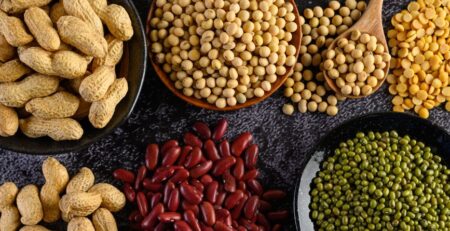




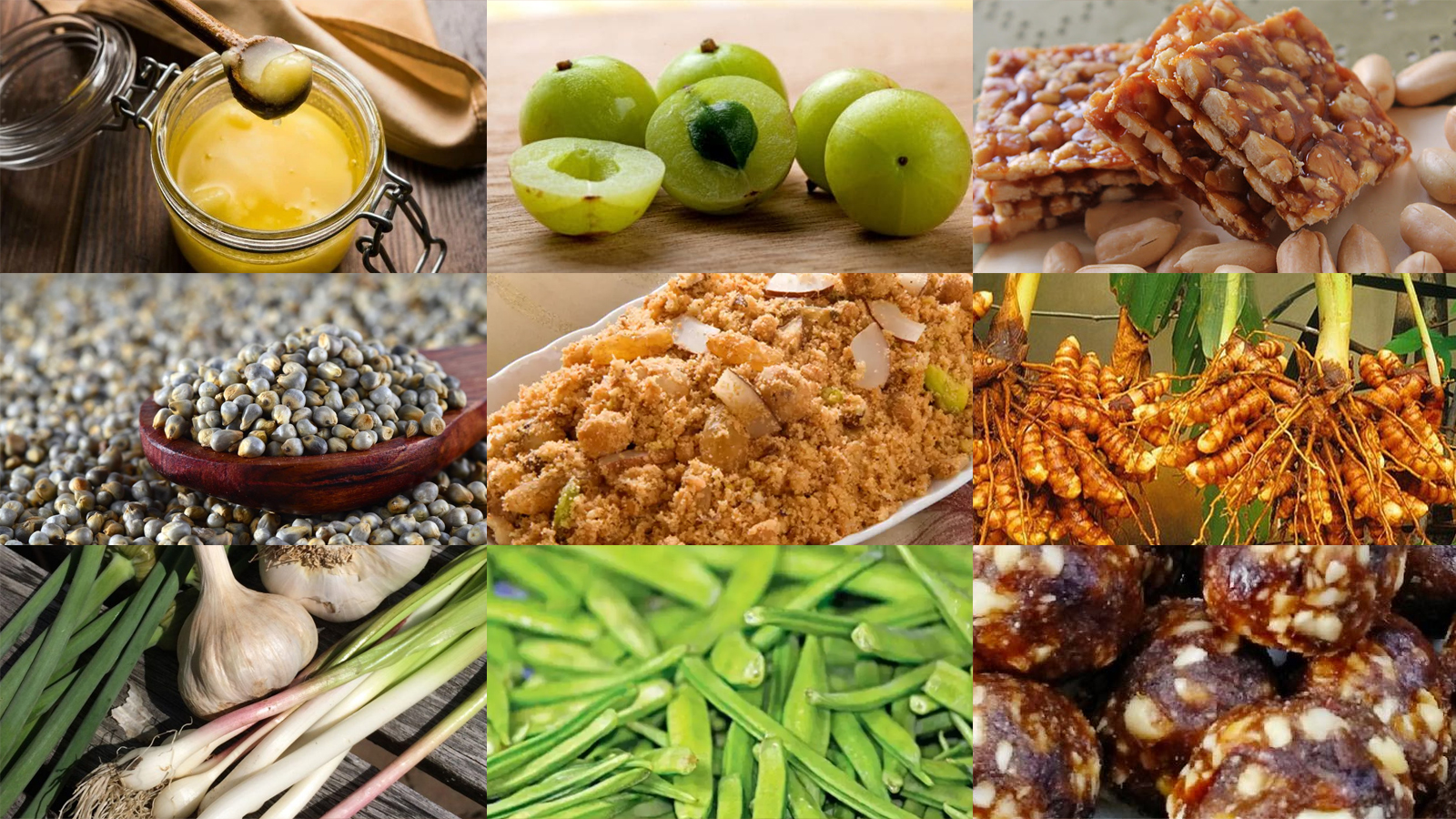
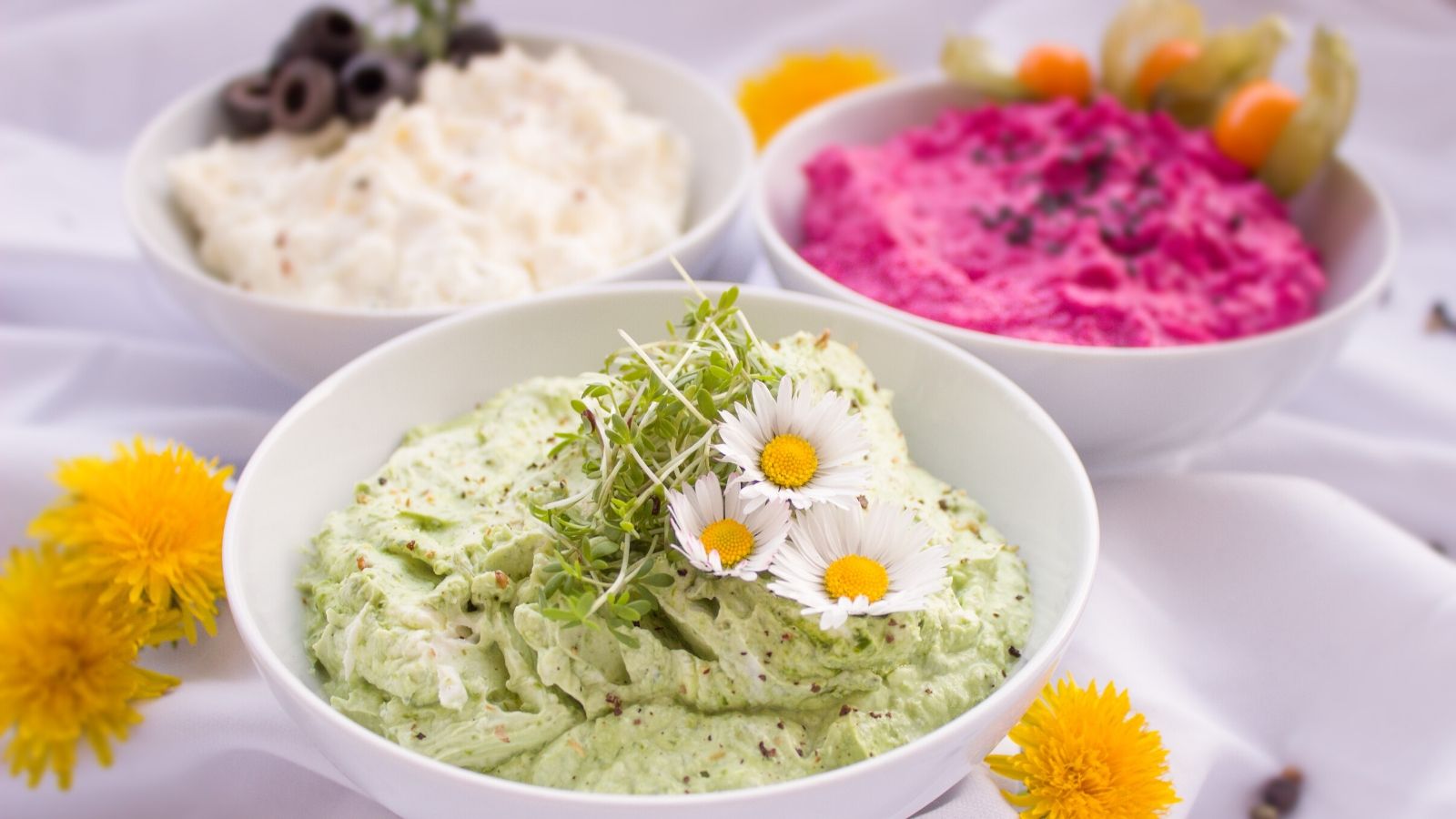
Comments (2)
Feel rejuvenated & always eager to read Luke’s Health & Wellness Programs!
I thought all these are good for health